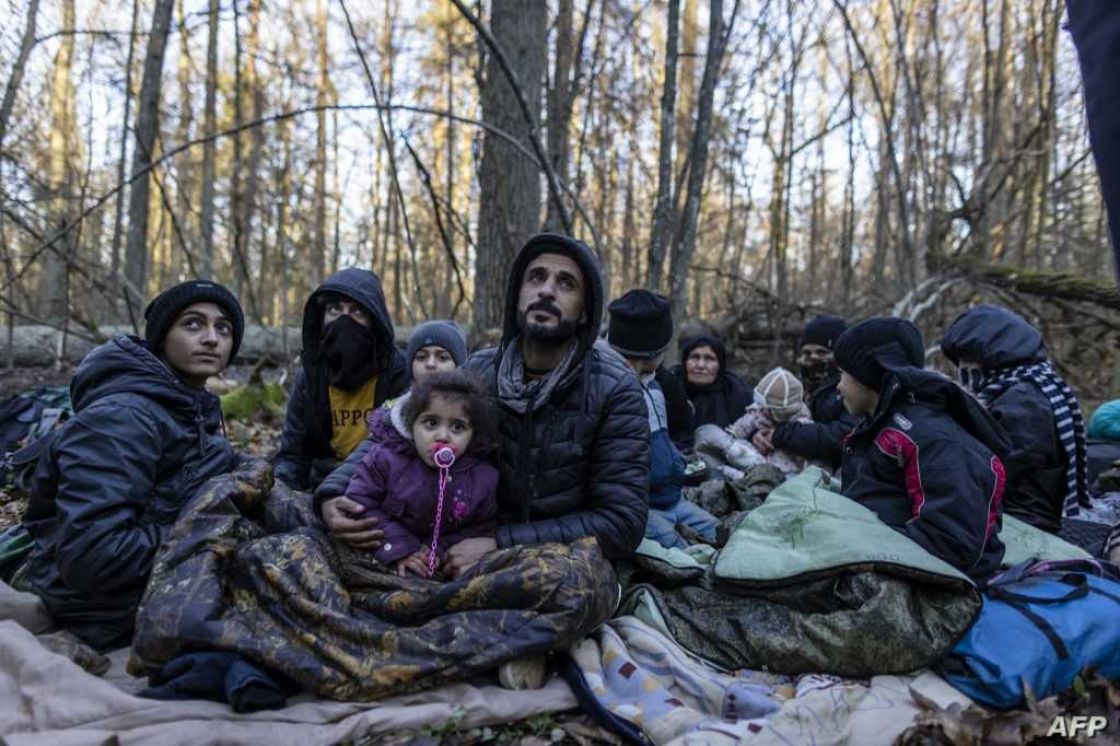- Editorials
- Posted
Kassioun Editorial 1064: Kyiv-Damascus… Delay or Acceleration?
Since events in Ukraine started, the extremists from both Syrian sides rushed to look within these events for something that supports their previous slogans of “resolving militarily” and “toppling”. This behavior – apart from being detached from reality – represents turning a blind eye to three catastrophic coordinates of the Syrian reality, which continues on growing deeper and more painful.
First: is the de facto partition that still exists. Any sane person would not forget that every additional day of this partition (i.e., every extra day in delaying a comprehensive solution), is an additional threat and additional burdens on the future of Syria and the Syrian people.
Second: is emptying Syria of its people, which is still in full swing, and which is practically accelerating due to the catastrophic economic conditions, even if it is not the focus of the media these days.
Third: is the catastrophic economic conditions that have been perpetuated by both the sanctions and major corruption over the past years. Added to that now is the global crisis affecting the prices of food and energy, which opens the door to more tragic situations that reach and exceed the limits of famine. All of this in light of the continuation of the same policies, that is, the liberal policies that still apply the recommendations of the IMF and the World Bank, especially in the field of lifting subsidies, regardless of the type of general political slogans that are being put forward in a commercial manner and completely detached from practical application.
If we put aside the extremists’ hopes that the Ukrainian situation will contribute to delaying and prolonging the status quo in Syria, and try to look objectively at its meanings and possible effects on Syria and its crisis, we will find ourselves before the following facts:
First, the Ukrainian situation represents a new and pivotal stage of a globally stable and escalating two-decades-old track, to establish a new international balance with which the possibilities of American and Western bullying of the world will end.
Second, the reality that permitted the explosion of dozens of local and regional crises, including the Syrian crisis, and prevented reaching its solution, is precisely the reality in which the Americans have a decisive say in the aggravation. They are helped in effectuating that by those with narrow interests within the “elites” of the regimes and their oppositions, who ultimately constitute one of the tools of the global plundering process that emanates from the countries of the periphery towards the Western center. Setting the ending point for this reality also means setting the ending point for these crises and for those who benefit from them.
Third, if the West formally agreed to the Minsk Agreement and prevented its implementation, it has done substantially the same with UNSC Resolution 2254. If the essence of the Minsk Agreement is what is being implemented now in practice, then 2254 will also find its way towards practical implementation, but with other means appropriate for the Syrian situation.
The main starting point towards implementing 2254 is to take advantage of the new international balance starting now, which will become clearer with the end of the military side of the Ukrainian situation. Benefiting from this tangibly means going towards implementing 2254 regardless of the West’s participation. The effective international-regional framework capable of taking the lead in this is the Astana framework, in cooperation with China.
In parallel, patriotic Syrians from all sides have a duty to assemble, mobilize, and organize their forces in order to put them all in one direction, which is the immediate and full implementation of a comprehensive political solution based on Resolution 2254, including tasks related to direct negotiations and the nature, quality, comprehensiveness, and eligibility of the delegations concerned with reaching consensus on the concrete form of implementation.


